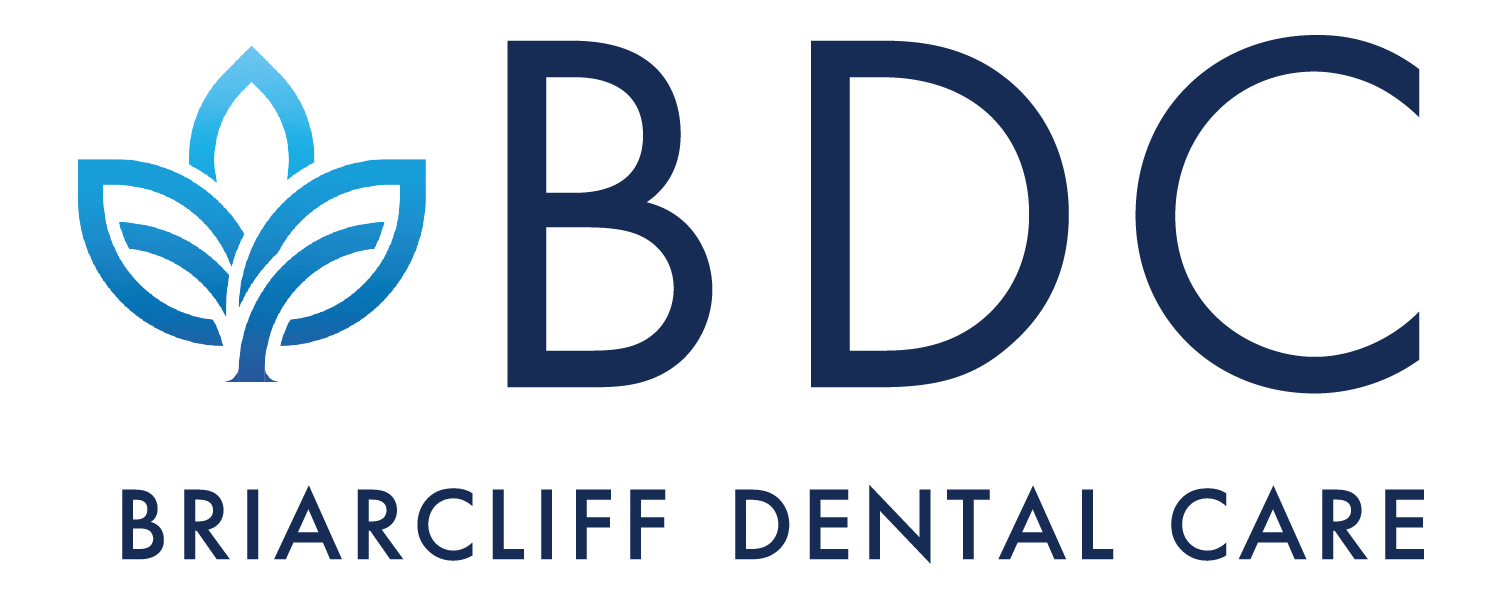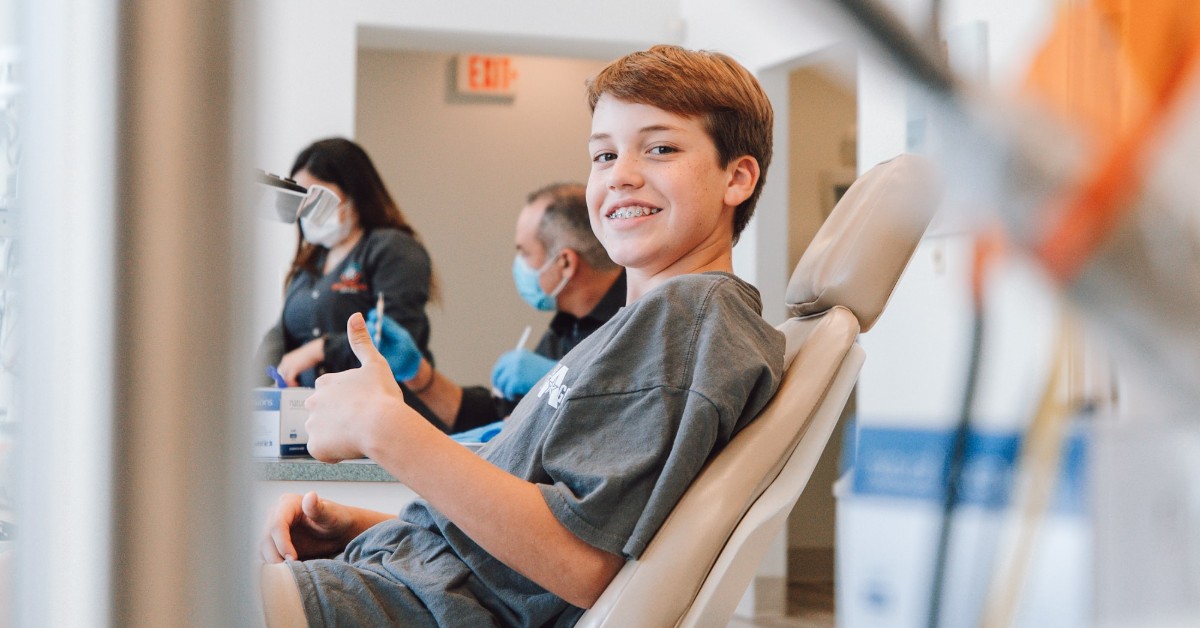Guide to Eating After Getting Dental Implants
Navigating the recovery period after getting dental implants can be a challenge. It’s not just about managing discomfort and maintaining oral hygiene. Your diet plays a crucial role too.
A well-planned dental implants recovery diet can significantly aid the healing process. It can ensure a smooth transition back to your regular eating habits. But what does this diet entail?
This guide will provide comprehensive advice on what to eat and what to avoid after dental implant surgery. It will highlight the importance of nutrient-rich foods and hydration. It will also emphasize the need to steer clear of certain foods that could hinder your recovery.
Remember, every individual’s healing process is unique. Therefore, always consult with your dentist or healthcare provider before making any significant dietary changes.
Let’s dive into the world of dental implants recovery diet and explore how you can ensure a successful healing period.
Understanding the Healing Period After Dental Implant Surgery
Healing after dental implant surgery involves several stages. These stages can take anywhere from a few weeks to several months. Each stage requires careful attention to dietary choices. The three stages, roughly speaking are:
- First 48 hours
- Up to two weeks
- Up to three months
Immediately after surgery, your body starts its rapid healing phase. This period is crucial for implant success, so following dietary guidelines is vital. As you move through the healing phases, your diet plays an essential role in supporting tissue repair and overall recovery.
The Phases of Healing
Initially, the body focuses on stopping any bleeding. This is followed by the formation of blood clots. These clots are crucial for protecting the implant site.
The following stages involve tissue regeneration and osseointegration. This is where the bone fuses with the implant. Adequate nutrient intake during these phases can promote quicker and more efficient healing.
The Role of Nutrition in Recovery
A nutrient-rich diet during recovery helps in the formation of new tissues. It also enhances bone healing around the implant site.
Nutrients like proteins, vitamins, and minerals are especially important. They contribute to cell growth and tissue repair, ensuring the implant integrates well with the jawbone. Having a balanced dental implants recovery diet supports optimal recovery and implant longevity.
What to Eat Immediately After Surgery
Right after your dental implant surgery, your diet requires careful planning. This period is crucial for protecting the implant site and promoting healing. Prioritize eating foods that require minimal chewing.
Soft foods and liquids are ideal immediately post-surgery. They are less likely to irritate surgical areas. Additionally, these foods provide necessary nourishment without risking the implant site’s health.
Here’s a quick list of ideal foods:
- Smooth soups and broths
- Applesauce and mashed fruits
- Blended smoothies
- Soft-cooked cereals like oatmeal
Focus on consuming meals that provide hydration and energy. Avoid hot foods and beverages initially to prevent discomfort. Keep foods at room temperature to avoid disturbing the surgical area.
Soft Foods for the First Few Days
During the initial days, prioritize soft foods. They will ensure you get necessary nutrients with minimal effort. The goal is to minimize movement near the implant.
Consider foods that slide easily over your teeth. They should need little to no chewing. This helps avoid pressure on the sensitive areas of your mouth.
Here’s a list of soft foods to include:
- Yogurt and cottage cheese
- Pudding and gelatin
- Mashed potatoes and avocados
These foods offer a gentle texture while ensuring nutritional benefits. They’re excellent choices to keep you nourished and comfortable. Remember to avoid using straws as they can disturb the healing process.
Nutrient-Rich Foods to Promote Healing
Eating nutrient-dense foods is vital for a speedy recovery. These foods support tissue repair and boost your immune system. They help the body to rebuild itself efficiently.
Include a variety of nutrients from different sources for a balanced diet. Consuming a mix of proteins, vitamins, and minerals is crucial. This ensures overall health and aids in recovery from surgery.
Here’s a helpful list of nutrient-rich foods to consider:
- Soft-cooked eggs
- Finely flaked fish
- Smooth nut butters
- Blended vegetable soups
These options pack a healthy punch without risking your healing implant. Choose meals that offer nourishment, ensuring each meal supports your recovery needs.
Protein Intake and Hydration
Proteins are building blocks essential for tissue repair. Consuming adequate protein helps your body mend and strengthen post-surgery. Opt for easily digestible protein sources like eggs and tofu.
Staying hydrated is equally important. Hydration aids nutrient transport and keeps your body functioning optimally. Aim to drink plenty of water and consume hydrating foods like broths.
Together, sufficient protein and hydration form the backbone of your recovery. These elements are key to ensuring a smooth and effective healing process. It’s about maintaining balance and consistency in your intake.
Vitamins A and C: Your Healing Allies
Vitamins A and C play a significant role in recovery. They promote tissue health and aid in cell regeneration. These nutrients are known to help reduce inflammation and support healing.
Vitamin A can be found in foods like pumpkin and sweet potatoes. Vitamin C-rich foods include pureed strawberries and oranges. These should be part of your dental implants recovery diet.
Incorporating these vitamins ensures your body has the resources it needs. They are indeed powerful allies on your journey to recovery. Proper intake can lead to a healthier, faster healing process.
Dental Hygiene During Recovery
Maintaining dental hygiene during recovery is crucial for implant success. Good oral care prevents infections and promotes faster healing. Consistent hygiene reduces the risk of complications at the implant site.
Gently brushing the surrounding area helps keep it clean. Be careful to avoid the surgical site while maintaining overall mouth cleanliness. Use a soft-bristled toothbrush and a gentle toothpaste to avoid irritation.
Antibacterial mouthwash can further aid in maintaining a germ-free environment. Opt for non-alcoholic versions to prevent dryness and discomfort. This care helps ensure your recovery goes smoothly and safely.
Oral Care Practices to Protect Your Implant
Protecting your implant requires careful oral care practices. Avoid vigorous rinsing or spitting during the early healing phase. This minimizes disturbance to the delicate surgical site.
Flossing is important but should be done gently to prevent irritation. Consider using an oral irrigation device to keep the area clean. This approach helps safeguard your implant while promoting overall oral health.
Foods to Avoid During Dental Implant Recovery
After dental implant surgery, certain foods are best avoided. This helps to protect the sensitive surgical area. Steering clear of specific food types reduces the risk of complications.
Hard, crunchy, or sticky foods can harm the implant site. These foods might dislodge the blood clot, resulting in delayed healing. Stick to safer food options to support recovery.
Here are some foods you should avoid during this critical period:
- Nuts and seeds
- Popcorn
- Chewing gum
- Caramel or taffy
- Hard candies
Avoiding these can aid in maintaining implant stability and reduce pain.
Hard, Crunchy, and Sticky: The No-No List
Certain textures pose a risk to healing implants. Hard foods can be damaging. Crunchy or sticky foods may adhere to the surgical area. Dislodging them might slow healing.
Chewy and hard candies, nuts, and even crunchy vegetables should be avoided. These can exert pressure or get wedged in spaces. Adhering to soft alternatives will minimize risk.
For a smooth recovery, focus on easily manageable foods. Avoiding tough textures ensures a higher chance of successful healing. This guidance assists in protecting your new dental investment.
Transitioning Back to a Regular Diet
As you heal, a gradual return to your usual diet is possible. It’s important to listen to your body’s signals. This helps ensure you don’t rush the process.
Start by introducing softer foods with slightly more texture. Monitor how your mouth and implant site respond to these changes. It’s crucial to proceed with caution during this transition phase.
Flexibility is key. Each person’s recovery pace may differ. Be patient with yourself and adjust your dietary choices as comfort increases. Keeping regular dental check-ups will guide you safely through this process.
Gradual Increase in Food Texture
Increasing food texture should be a slow and thoughtful process. Begin with foods that require minimal chewing. This ensures minimal stress on the implant site.
As comfort levels rise, progressively introduce foods that require more chewing. This might include finely chopped meats or softened vegetables. Your goal is to slowly reacquaint your mouth with varied textures while maintaining implant protection.
Tips for a Successful Dental Implants Recovery Diet
Maintaining a balanced, healing-focused diet is key to recovery. Consider these tips for a smoother journey. They will guide you through the healing process.
First, consistency in meals supports steady healing. Keep a varied diet within soft food guidelines. This helps meet nutritional needs effectively.
Moreover, hydration cannot be overlooked. Drink ample fluids to aid in tissue recovery and overall health.
- Plan meals ahead to avoid last-minute unhealthy choices
- Choose nutrient-dense foods, rich in vitamins
- Maintain regular check-ins with your dental care team
Meal Planning and Mindful Eating
Organized meal planning aids in managing dietary restrictions smoothly. It lessens the stress of daily food decisions and ensures nutrient intake.
Begin with creating a list of soft, nutrient-rich foods. This can include options like mashed sweet potatoes and blended smoothies.
- Prepare meals in advance to save time
- Use a variety of ingredients to keep meals interesting
- Practice mindful eating by chewing slowly and thoroughly
Conclusion: The Importance of Following Your Dentist’s Advice
Following your dentist’s advice is crucial for successful recovery after dental implants. Their guidance is based on your specific needs and ensures optimal healing. Adhering to recommended dietary practices and maintaining good dental hygiene will help prevent complications. Ready to find out more? Call us at 914-941-1639. Trust Briarcliff Dental Care as the best family dentist practice and dental implant success.




